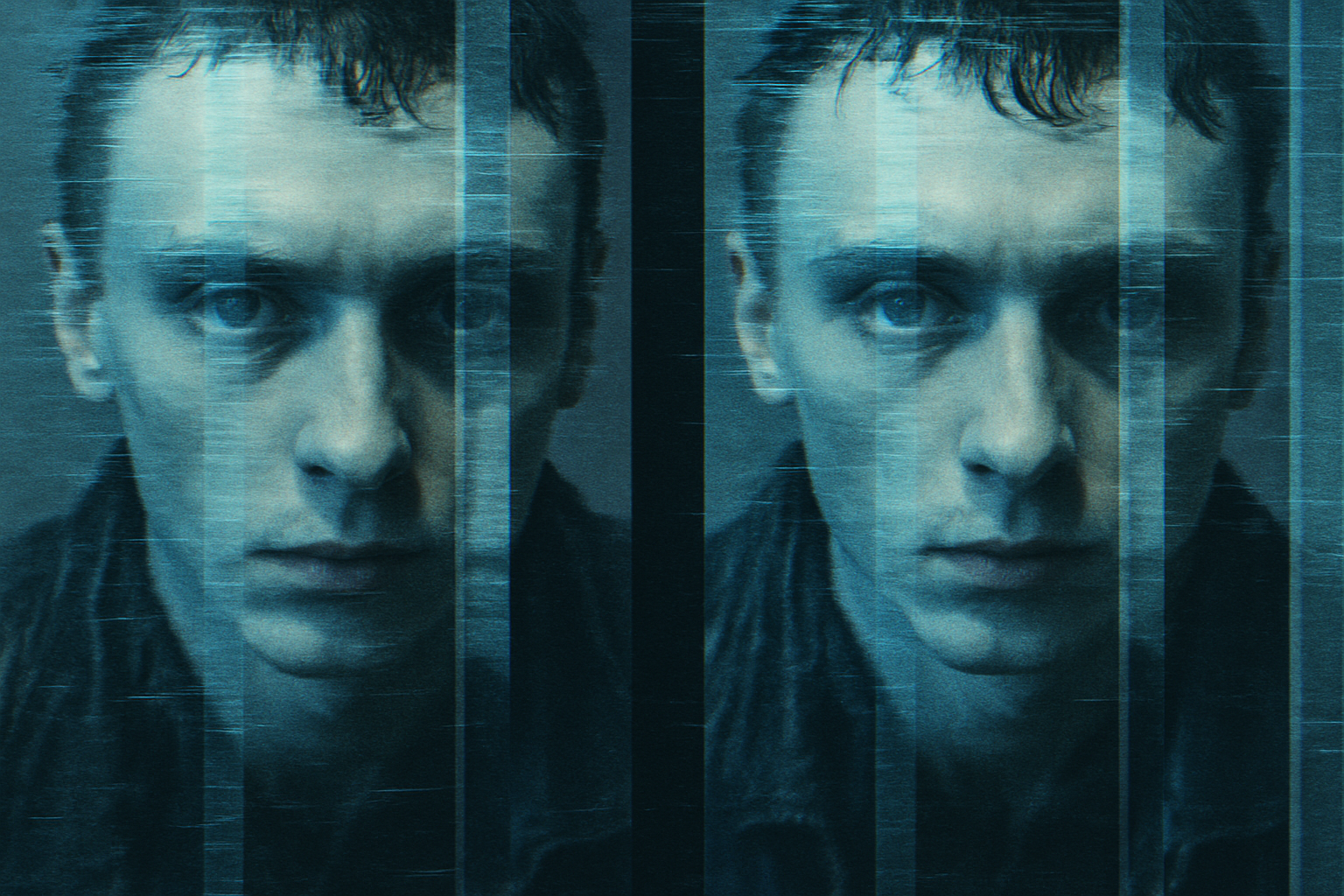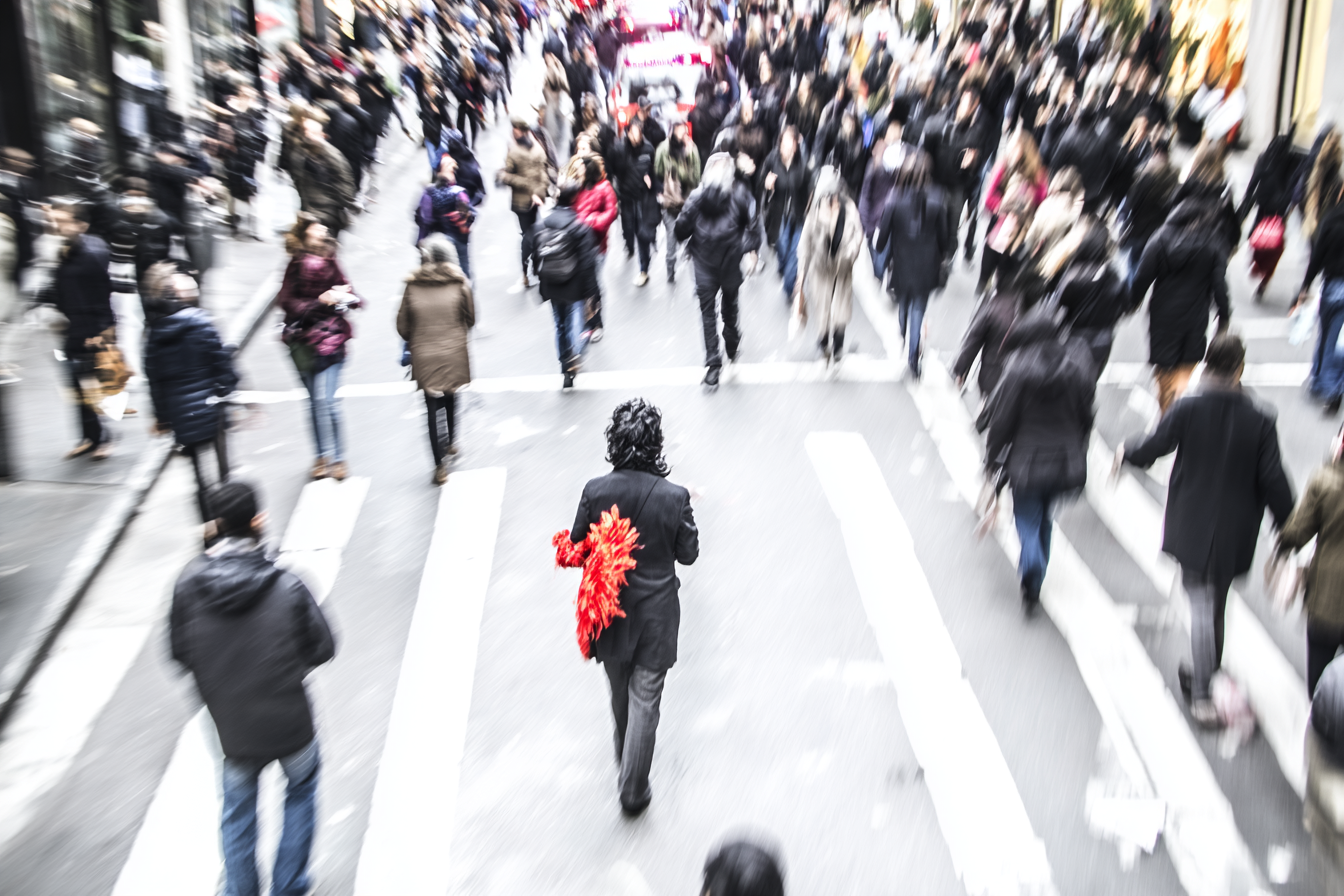RADICAL TALKS 2025
Radical talks take place in the public space and aim to circle among people. Several guest speakers will present their thoughts on the topics, while the audience will be invited to participate in a discussion. Over a glass of wine.
Curated and moderated by Bara Kolenc, PhD
RADICAL TALKS 1:
From Hypnosis to Psychosis
Wednesday, June 18; 17.00-19.00
Tivoli Jakopič Promenade/Tivoli Park
“Let my country die for me.”
― James Joyce, Ulysses
On the upper floor, a cyber gaming spectacle is underway, joined by thousands. On the ground floor, a VR rave is in full bloom, accompanied by Molly, G, and ketamine. In the attic, a sober gathering of hackers is taking place. In the basement, where there is no electricity, pickers at the e-waste dumping ground collect precious metals to earn their next meal. A distant sound of bombing belongs to none of these realities.
Let my computer die for me.
It looks like we are amid hypnosis fostered by algorithms, multifaceted effects of digital capitalism, and the unprecedented materialization of virtual space. The Internet is not just a new medium. It is an ultimate medium that tends to terminate the very function of mediation. A rebound effect seems to be at work: the more we practice sobriety, the more we slip into a mesmeric state of mind. Or—is it a psychosis? Are we turning into witnesses to our own disintegration? A disconnection. A loss of meaning. A direct facing of the unbearable given of existence.
From a standard (neurotic) perspective—one that eventually constructs the social fabric and the various imaginary frameworks of our world and identities—we can propose the following: if the 20th century was neurotic, the 21st century is psychotic. If we once spoke of ideology as mass hypnosis—of religion as the opium of the people—today, with n-multiplication of master signifiers, we can observe the fragmentation of ideology itself: its extreme incoherence, its utter incapacity to claim any truth. Debord’s “lonely crowds” walk to the fore.
Or, perhaps, sociality, as a dialectical principle, is only a phase in the development of humanity toward a non-human, or even an all-too-human, but radically anti-social, future?
RADICAL TALKS 2:
The Face as Interface.
Thursday, 19 June 17.00–19.00
Jakopič Promenade/Tivoli Park
“The human face is an empty power, a field of death … after countless thousands of years that the human face has spoken and breathed, one still has the impression that it hasn't even begun to say what it is and what it knows.”
― Antonin Artaud, The Reinvention Of The Human Face
When silent, the face speaks.
After countless millennia since the moment it first spoke and breathed, the face still has not revealed what it knows and what it is. In its strange capacity to withdraw from the space that surrounds it, to freeze in time and transform into an image, the face has become a paradigm of humanity — its fundamental enigma, and at the same time, the very premise of total exposure, the clarity of the countenance. As such, it has become an icon, a model, a source of inspiration.
In its externalization as an image — a reflection on the surface of water — lies the ancient fear of soul theft: the loss of the immaterial essence of life. And yet, the face itself is nothing more than matter: something that can be transformed, even put to death. The face speaks and breathes. In its opaque clarity, it is the very site of the split between the fleeting, groundless emergence of the subject and the search for solidity and certainty, which we project into the domain of reality and the notion of life. In its dual function, as both sign and organ, the face is a site of the symptom.
The face is the interface between myself and the other, between exteriority and interiority. Is it, then, the embodiment of ultimate closeness or unbridgeable distance? Is it depth or surface? A mere illusion or a functioning machine? What is it that I see in the mirror or on the computer screen? What lies beyond or within its imaginary identity? Is the face itself a screen? Is its alienation one of the driving forces of cultural development — leading all the way to its digital and biotechnological augmentation, or perhaps disintegration?
As it speaks, the face remains silent.
Invited speakers:
Matjaž Ličer, PhD
Karlo Pavlović, MA
Maks Valenčič, MA
Kozma Prelević
Mirt Komel, PhD
Miklavž Komelj, PhD
Peter Kutin
Dorotea Pospihalj, MA



